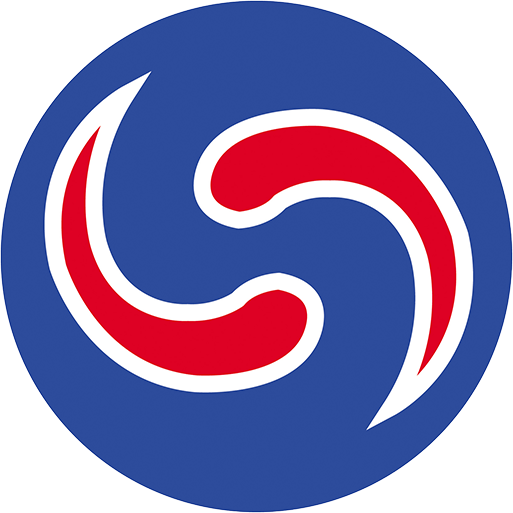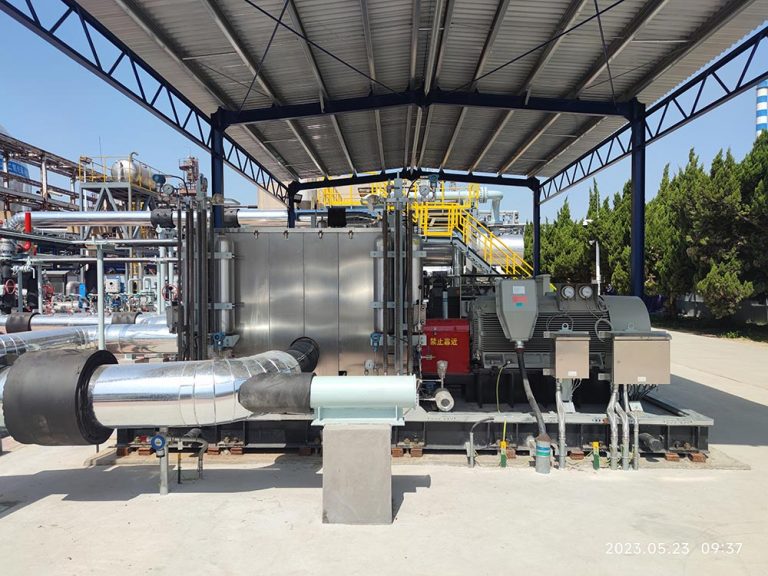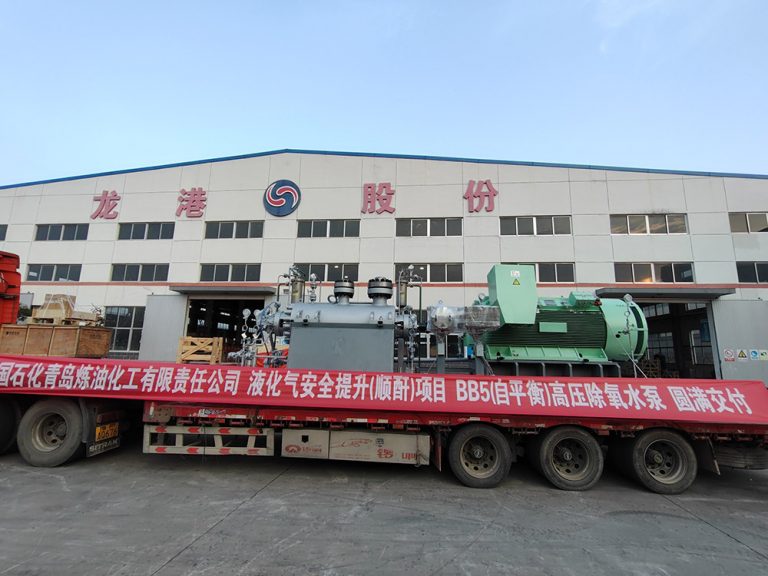Importance of Regular Maintenance
Maintaining a chemical pump properly is essential for ensuring its durability and peak performance. Adhering to regular maintenance schedules allows for the identification of potential issues before they develop into major problems. A pump that is well-maintained not only functions more efficiently but also minimizes the risk of unexpected downtimes. This is particularly critical in industrial environments where uninterrupted operation is vital.
Benefits of Routine Maintenance
One of the primary benefits of routine maintenance is increased reliability. Regularly serviced chemical pumps are less likely to fail, which can save both time and money. Additionally, routine maintenance can extend the lifespan of the equipment by addressing wear and tear promptly. It also ensures the pump operates at peak efficiency, which can result in energy savings and reduced operational costs. Furthermore, adherence to maintenance schedules can enhance safety by preventing leaks and mechanical failures.
Potential Risks of Neglecting Maintenance
Neglecting maintenance can lead to various serious issues. For example, a poorly maintained chemical pump is more susceptible to corrosion, leaks, and mechanical failure. Over time, these issues can result in costly repairs and replacements. Moreover, a malfunctioning pump can cause operational delays, affecting productivity and potentially leading to financial losses. In extreme cases, neglected maintenance can create hazardous working conditions, placing personnel and the environment at risk.
Daily Inspection and Monitoring
Daily inspection and monitoring are essential practices for maintaining the health of your chemical pump. These daily checks help in early identification of issues that could escalate if left unattended.
Visual Checks for Leaks and Corrosion
Conducting visual checks for leaks and corrosion is an essential daily task. Observe any visible signs of liquid pooling around the pump, which may indicate a leak. Inspect the pump casing and other exposed metal components for rust or other signs of corrosion. Promptly addressing these issues can prevent them from escalating and causing further damage to the pump.
Ensuring Proper Lubrication
Proper lubrication of the pump components is vital for smooth operation. Check the lubrication levels daily and ensure they are within the recommended range. Insufficient lubrication can lead to increased friction and wear, causing the pump to overheat and potentially fail. Always use the manufacturer’s recommended lubricants to maintain optimal performance.
Verifying Chemical Compatibility
Ensure that the chemical pump is compatible with the chemicals it is handling. Verify this daily, especially if there are changes in the chemicals being pumped. Using incompatible materials can result in accelerated corrosion and damage to the pump internals, leading to premature failure.
Scheduled Maintenance Procedures
Scheduled maintenance tasks are structured to address different components of the chemical pump at various intervals to ensure comprehensive upkeep.
Weekly and Monthly Maintenance Tasks
Checking Seals and Gaskets
Conduct comprehensive inspections of all seals and gaskets during your weekly and monthly maintenance routines. These parts are vital for averting leaks and sustaining pressure inside the pump. Look for any indications of wear, cracks, or deterioration, and replace them when required.
Cleaning the Pump Components
Regular cleaning of the chemical pump components is vital to prevent buildup of residues and contaminants. Follow the manufacturer’s guidelines for cleaning frequency and approved cleaning agents. Cleaning helps maintain the efficiency and functionality of the pump.
Inspecting Electrical Connections
Inspecting electrical connections should be a part of the regular maintenance schedule. Check for any loose wires, signs of wear, or corrosion on electrical contacts. Secure any loose connections and replace damaged ones to prevent electrical failures.

Annual Maintenance Requirements
Overhauling the Motor and Bearings
An annual overhaul of the motor and bearings is recommended to ensure the chemical pump operates smoothly. This process involves disassembling the pump to inspect the bearings and motor for wear and damage. Replacing worn bearings and servicing the motor can prevent operational inefficiencies and extend the life of the pump.
Comprehensive System Testing
Perform a thorough system evaluation each year to determine the general condition of the chemical pump. This process should encompass pressure testing, flow rate measurements, and vibration analysis. These evaluations are crucial for uncovering concealed problems that might not be visible through mere visual inspections.
Yantai Longgang Pump Industry Co., Ltd.
Yantai Longgang Pump Industry Co., Ltd. was established in May 2001. It is located in the Yantai National High-tech Industrial Park. The company is recognized as a “high-tech enterprise,” “Contract-abiding and trustworthy enterprise,” and “Shandong Province specialized and innovative enterprise.” It owns the “Yantai Municipal Enterprise Technology Center” and has been awarded the “China Machinery Industry Science and Technology Progress First Prize” and the “Zhejiang Province Science and Technology Progress Award.” It has also participated in the formulation of national standards for the pump industry. The company’s petrochemical multi-stage centrifugal pump was honored as the “Shandong Excellent Brand” in 2020 and was selected as a “Shandong Gazelle Enterprise” in December 2020.
The company focuses on technological upgrading and independent research and development. In recent years, it has continuously introduced high-end pump design talents to form a technical team and cooperated with Shandong University, Zhejiang Sci-Tech University, Yantai University, and other universities to carry out industry-university-research cooperation for the continuous development of new products. In addition to chemical pumps made of ordinary anti-corrosion materials, the company has successively developed special alloy material pumps such as anti-dilute sulfuric acid, hydrochloric acid, concentrated sulfuric acid, caustic soda, and other highly corrosive super-low carbon duplex stainless steel pumps. The independently developed BB2 efficient centrifugal pump is mainly used in crude oil transportation, coal chemical industry, natural gas processing, offshore drilling equipment, and other industrial processes. The verified hydraulic optimum efficiency point reaches 90.5%, which is 3.5% higher than the national first-level energy efficiency.
Regular maintenance is essential for keeping your chemical pump in optimal working condition. By establishing a robust maintenance routine and adhering to it, you can ensure efficient, reliable, and safe operation of your pump systems.
Common Troubleshooting Tips
Identifying Unusual Noises or Vibrations
Identifying unusual noises or vibrations in your chemical pump is essential for addressing potential issues before they escalate. These anomalies can signal various problems, such as misalignment, bearing wear, or cavitation. Cavitation happens when vapor bubbles form in the liquid being pumped and then collapse, causing damage to the pump. Regularly monitoring for abnormal sounds and excessive vibrations can help you catch these issues early on. If you notice any irregularities, shut down the pump immediately and perform a thorough inspection to determine and fix the root cause.
Addressing Inconsistent Flow Rates
Inconsistent flow rates in a chemical pump can lead to significant disruptions in your process operations. This issue may stem from blockages in the pump or the piping system, wear on the impellers, or incorrect speed settings. To resolve inconsistent flow rates, begin by checking for and removing any obstructions. Next, inspect the impellers for signs of wear or damage and replace them if necessary. Finally, verify that the pump is operating at the appropriate speed as per the manufacturer’s recommendations. Regular monitoring and adjustments can help maintain consistent flow rates.
Managing Temperature Fluctuations
Temperature fluctuations can affect the efficiency and longevity of your chemical pump. These fluctuations may be caused by insufficient lubrication, cooling system failures, or excessive friction within the pump. To manage temperature variations, ensure that the pump is properly lubricated and that the cooling system is functioning correctly. Regularly inspect the bearings and other moving parts to prevent excessive friction. Installing temperature sensors and monitoring them can also provide real-time data to help you address temperature-related issues promptly.
Utilizing Professional Services
Advantages of Professional Inspections
While routine maintenance and monitoring are vital, the expertise of professional inspections cannot be understated. Professional inspectors have the training and tools needed to conduct thorough evaluations of your chemical pump. They can identify subtle signs of wear and potential issues that might be overlooked during routine checks. Moreover, professionals can perform advanced diagnostic tests to provide a comprehensive assessment of the pump’s condition, ensuring all components are in optimal working order. Utilizing professional services can, therefore, prevent unexpected breakdowns and extend the life of your equipment.
Selecting a Qualified Service Provider
Selecting the appropriate service provider is crucial for the upkeep of your chemical pump. Seek out providers with substantial experience and a strong reputation within the industry. They should deliver a variety of services, such as routine maintenance, emergency repairs, and advanced diagnostics. Confirm their qualifications and request references or case studies that showcase their proficiency. An adept service provider will not only handle necessary repairs and maintenance but also offer advice on best practices and enhancements to boost the performance and lifespan of your pumps.
Best Practices for Long-Term Maintenance
Recording Maintenance Activities
Keeping detailed records of all maintenance activities is a critical practice for the long-term upkeep of your chemical pump. Documenting each inspection, repair, and replacement helps in tracking the pump’s history, identifying recurring issues, and planning future maintenance schedules. These records provide valuable insights into the pump’s performance and can be used to predict when specific components might need servicing or replacement. By maintaining thorough records, you can ensure that no aspect of the pump’s maintenance is overlooked and that all actions are performed on time.
Implementing Predictive Maintenance Techniques
Predictive maintenance techniques utilize advanced tools and data analysis to anticipate potential issues before they occur. This approach involves monitoring the condition of your chemical pump in real-time using sensors and software to analyze various parameters such as vibration, temperature, and flow rates. Predictive maintenance helps in identifying trends and abnormalities that indicate an impending failure. By addressing these issues proactively, you can prevent unscheduled downtimes and costly repairs, ensuring that the pump operates smoothly and efficiently. Incorporating predictive maintenance into your routine can significantly enhance the reliability and lifespan of your pump system.








